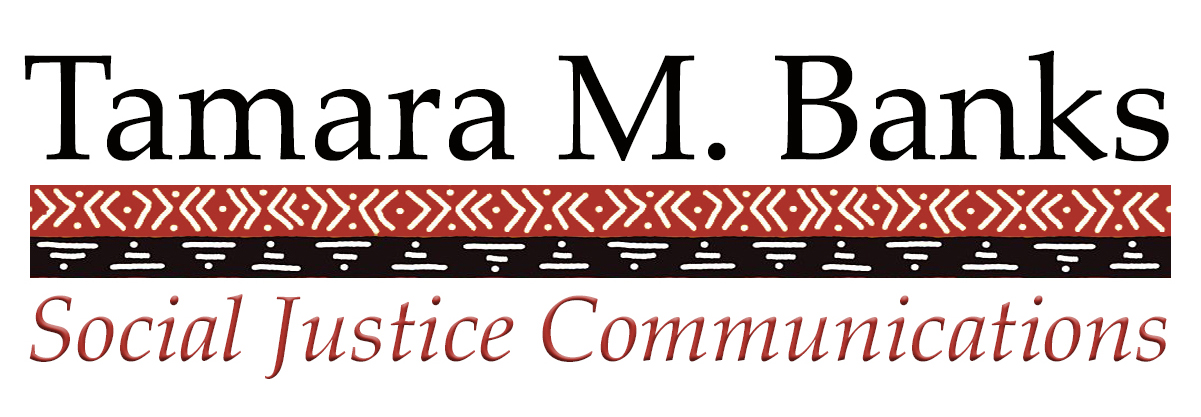Finding Humanity in a War Zone
/As soon as planes flew in to the World Trade Center, another plane crashed in to the Pentagon, and it was discovered that Arab Muslims were the perpetrators, it seemed everyone with black and brown skin became a suspect. The concept that not every Muslim is a terrorist made sense to me. But so many people were looking to blame someone. I was looking for answers, too.
I knew in my heart that not every person who practices Islam is a killer. There are families, children, schools, parks, restaurants. There are communities.
Just months after the attack on America, I decided to go to Jordan to find and tell those stories. My News Director at the time said, “People don’t care. Their eyes glaze over when you mention the Middle East. People are tired of hearing about 9/11.”
Huh. Really? Less than three weeks after I returned from freelance reporting in Jordan, the U.S. invaded Iraq. No one’s eyes where “glazing over” any more.
That’s how I came to spend a little over a month in Iraq - with my photographer and sound guy -interviewing U.S. soldiers, allied forces and Iraqi civilians.
What was it like?
I’ve often said, “If I’m not (almost) getting arrested I’m not really doing my job.”
Case in point… One blistering hot afternoon (I was in Iraq in July and August and of course wearing Kevlar ~ a bulletproof vest ~ and a helmet), my crew and I went to a busy intersection in Baghdad to shoot b-roll (footage). Apparently, one young Iraqi police officer didn’t get the memo that we were clear to film in this area, so he harassed us and ultimately, called in backup to arrest us.
But that’s not the craziest part of the story. I happened to have two cell phones. The one that is not supposed to work in Iraq started ringing. It’s one of my BFF’s (I only have BFF’s), April Washington, a reporter at the Rocky Mountain News. “Hey, girl, what cha doin?” she asks in her ‘it’s-time-for-happy-hour’ voice.
“Um, I’m about to get arrested. In Iraq.”
“Funny! No seriously, what are you working on and when can we get together?”
Again, “I’m in Baghdad and about to get arrested. If you don’t hear back from me in a day or so have Happy Hour without me!”
My crew and I were eventually let go and the young officer was able to save face - but not after some very long conversations, posturing and diplomacy.
Most importantly, the experience focused on my original purpose. People shared, and I reported, their heartfelt stories. Iraqi women who’d lost their husbands, children who’d lost their parents, spent hours telling me about the life they once had and the life they hoped to have in the future.
Interestingly, U.S. soldiers talked to me about how they had become friends with the Iraq Security Forces. After Saddam Hussein and his regime were toppled the Iraqis fighting for freedom and the American troops now had a common goal: build a sovereign nation based on democracy.
They built strong friendships. They called each other brother and sister. They found common ground.
The ongoing challenge? How to remember that commonality when serious conflict arises, to find alternatives to war.


